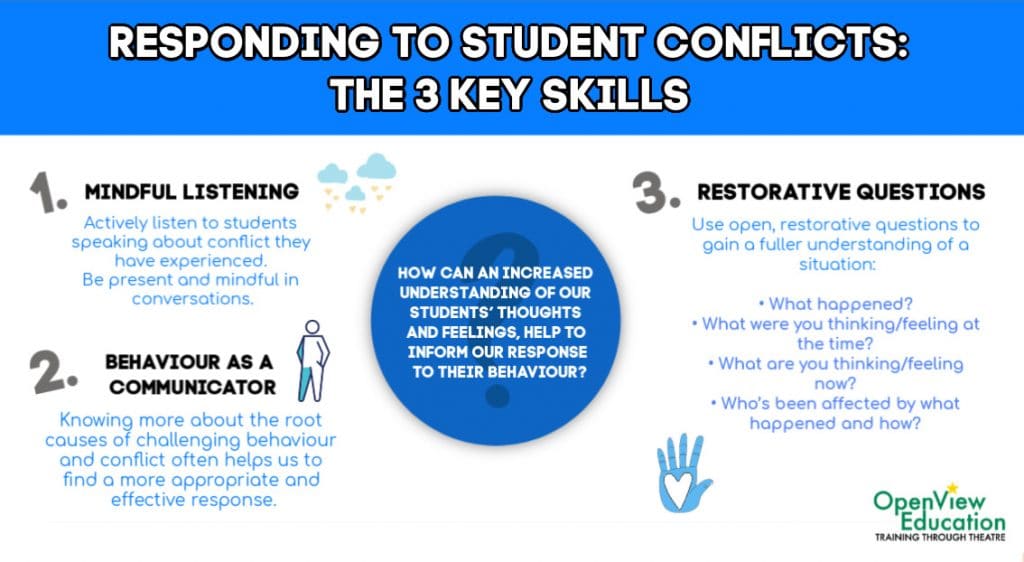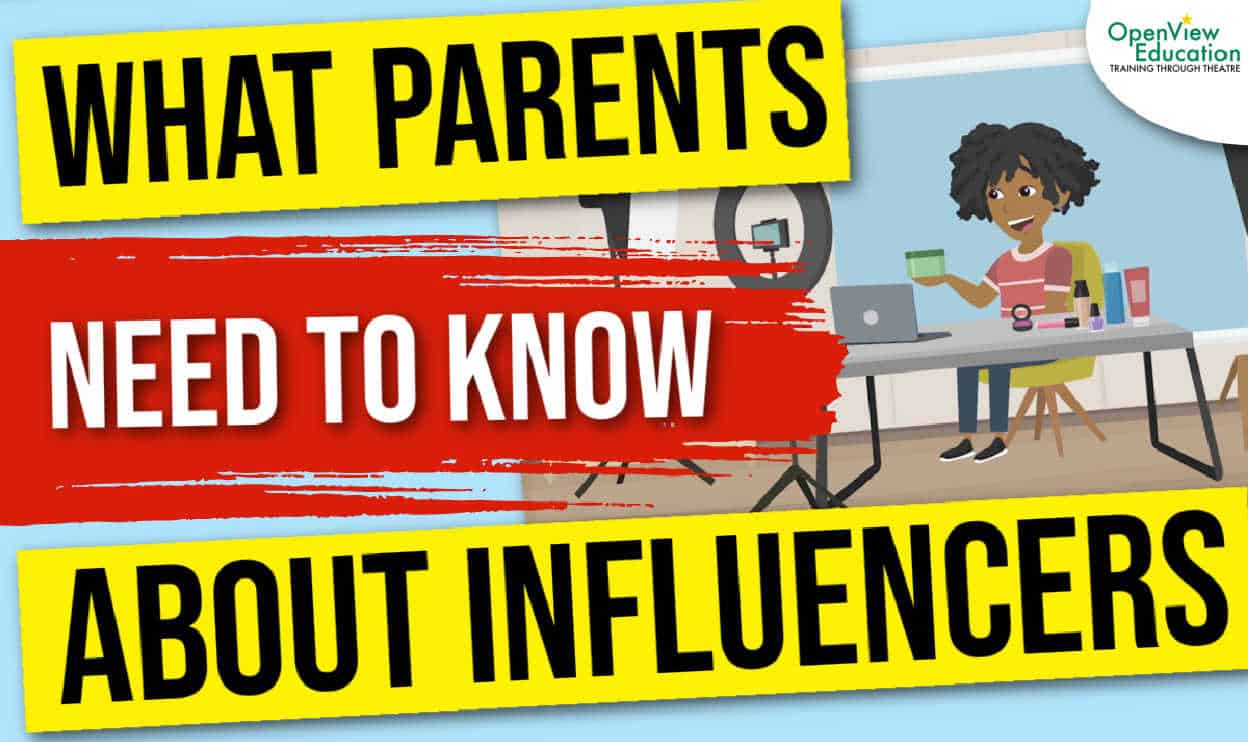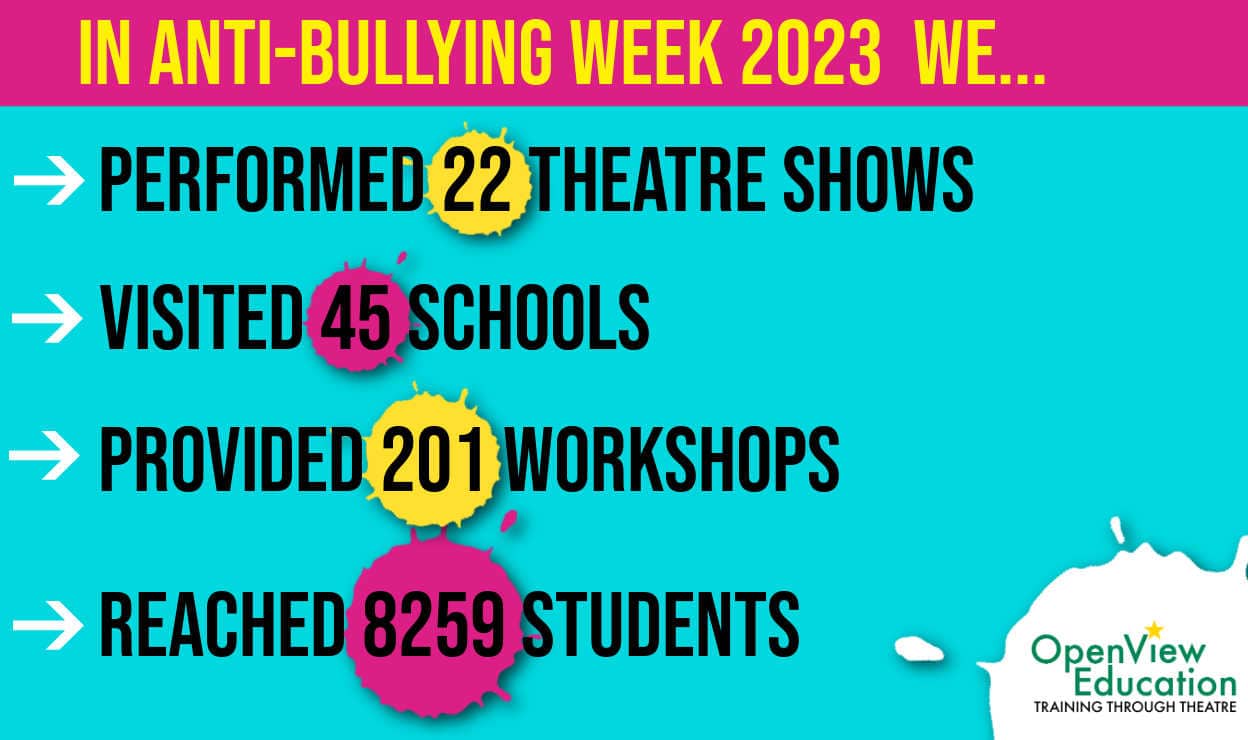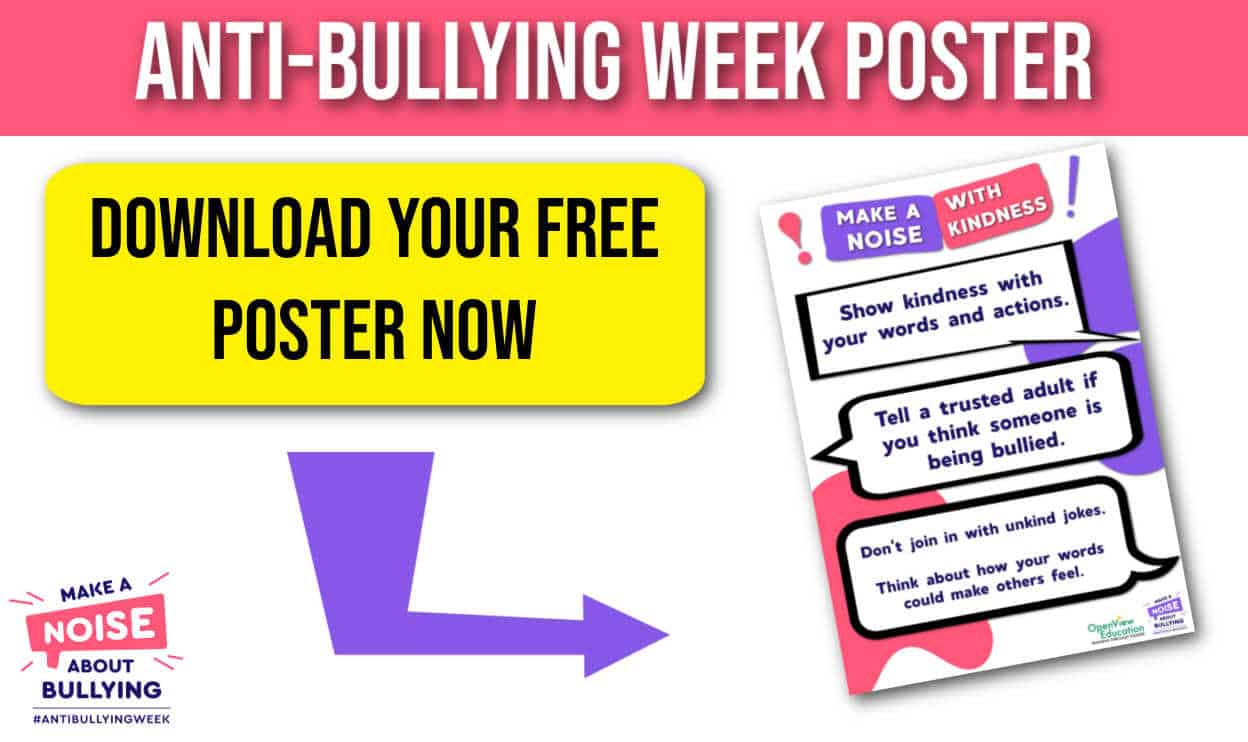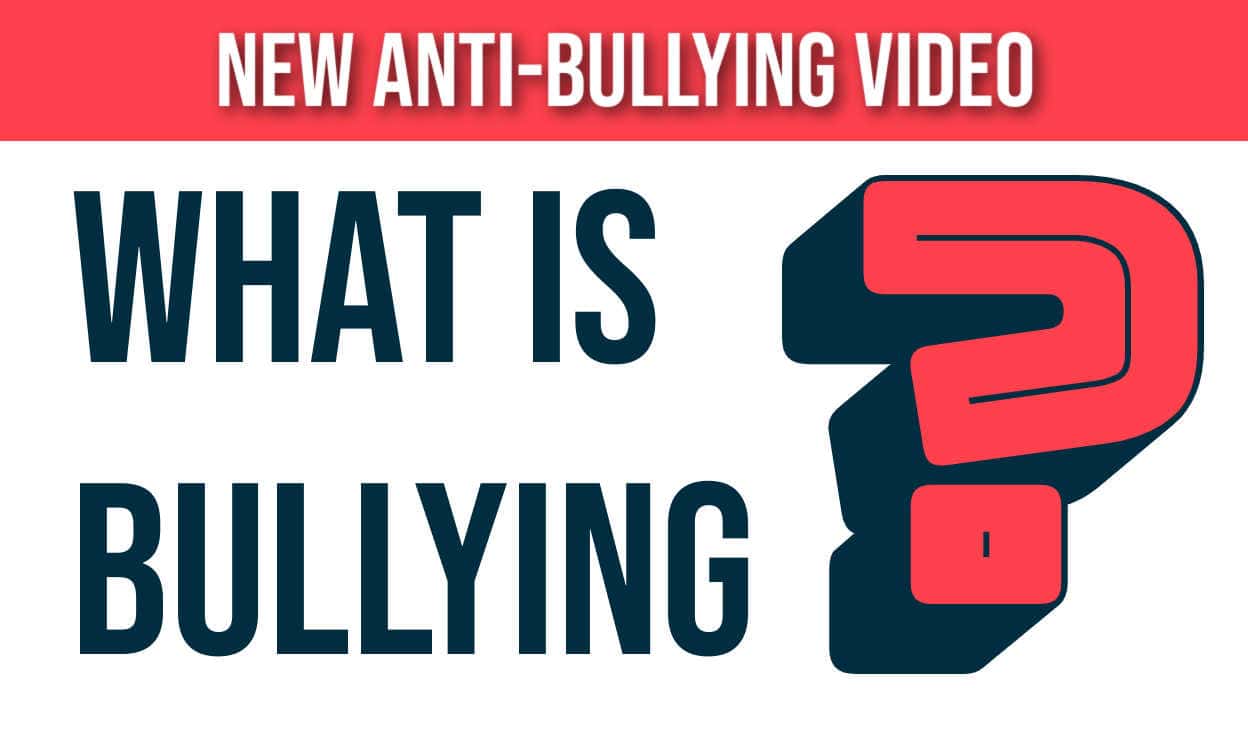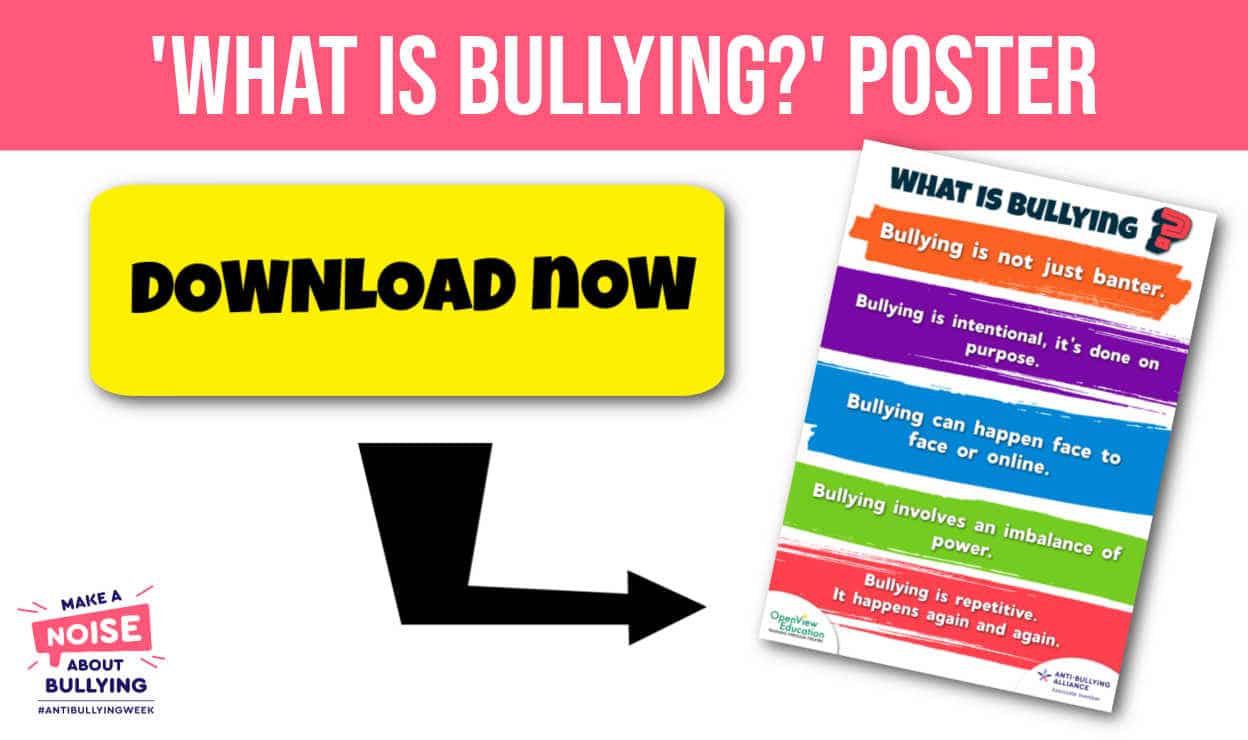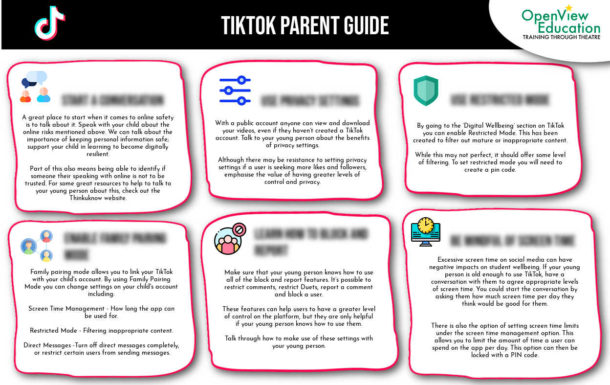Many of the teachers that we work with in our anti-bullying workshops have expressed concerns about increases in challenging behaviour and conflict as students begin to return to schools after the school closures.
That’s why, at OpenView Education, we’ve created this quick guide to help you take a restorative approach to conflict and bullying resolution.
What is a restorative approach?
A restorative approach, or restorative practice aims at repairing the harm that has been caused during conflict. It includes all people who were involved in the conflict, and helps them move towards restoring peace and mutual respect.
A restorative approach is particularly valuable for school aged children, as it has the capacity to equip them with the skills they need to effectively resolve interpersonal conflicts now and in the future.
Research has shown that whole-school restorative approaches were the most effective ways of preventing bullying.
What is the aim of a restorative approach?
A restorative approach prioritises positive relationships and collaborative teaching and learning. It can help us to view classrooms as communities, in which we work to achieve collaboration.
It also involves seeking alternative ways to respond to conflict aside from punitive behaviour solutions such as exclusions.
So let’s start thinking about how we can implement the key skills of the restorative approach in our school.
Key Skills of the Restorative Approach
1. Mindful Listening
When speaking with students about conflicts that they have experienced actively listen to what they are trying to communicate, rather than passively hearing the words that are being said. Being present and mindful in our conversations is a key part to this.
Mindfulness can support us in active listening, and you can even try mindfulness activities with your students.
2. Restorative Questions
Use open, restorative questions to make sure that you get a full picture:
- What happened?
- What were you thinking/feeling at the time?
- What are you thinking/feeling now?
- Who’s been affected by what happened and how?
- What do you/they need?
- What needs to happen to make things right?
3. Behaviour as a Communicator
Ask yourself… ‘What is a student’s behaviour telling me about their thoughts and feelings?’
Students may or may not be able to express their thoughts and feelings clearly, so we can look to their behaviour to provide us with information about what they may be feeling and thinking.
Ask yourself…
‘How can a better understanding of my students thoughts and feelings better inform my response to their behaviour?’
When responding to challenging behaviour and conflicts, our emotions in the moment can easily influence our response.
But knowing more about the root causes of challenging behaviour and conflict often helps us to find a more appropriate and effective response and reduces our emotional reaction.
It’s tempting to assume that we have all the information about a situation, with a restorative approach we are encouraged to seek more information and understanding.
Over the long term, developing a restorative process to conflict and bullying is an investment in teacher-student relationships and supports the development of a positive and inclusive school community.
How We Can Help
At OpenView Education, we feel strongly about the value of a restorative approach to conflict. That’s why in our new Anti-Bullying Show Time To Unite! We have modeled the restorative approach; The performance demonstrates how the restorative approach can be used to address, and resolve a bullying situation.
As Associate Members of the Anti-Bullying Alliance we work with over 75,000 students and teachers every year, and the schools that we work with have found that our whole school anti-bullying workshops and performances have helped them to create a proactive and restorative culture in addressing conflict and bullying.
Questions to think about moving forwards….
When could you make use of mindful listening?
When and where could you use the restorative questions?
If you found this useful, please share this on twitter, or feel free to link to the poster on your website.
